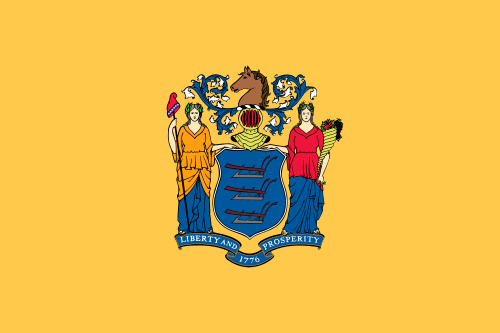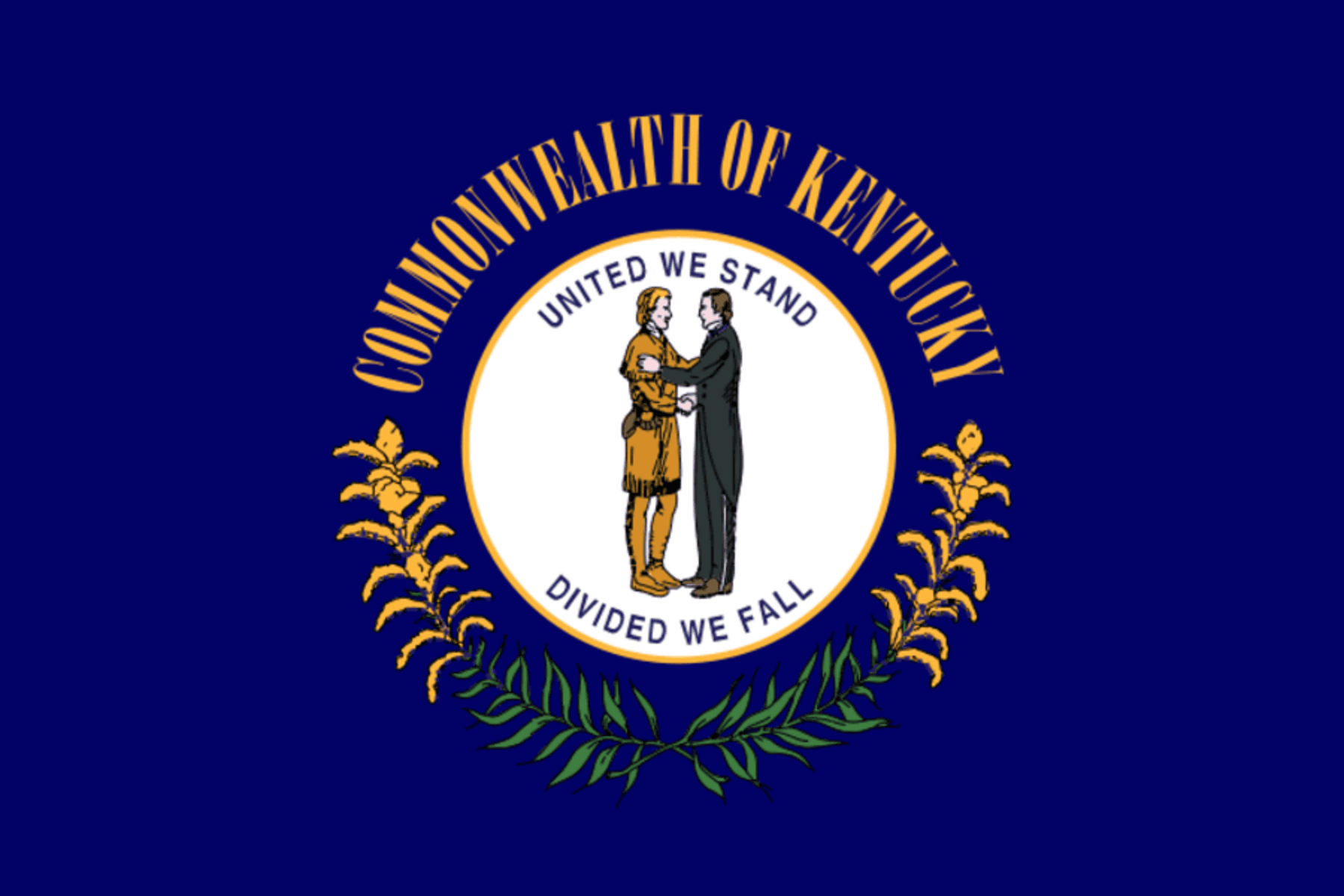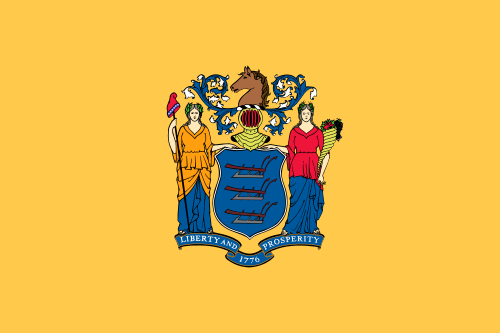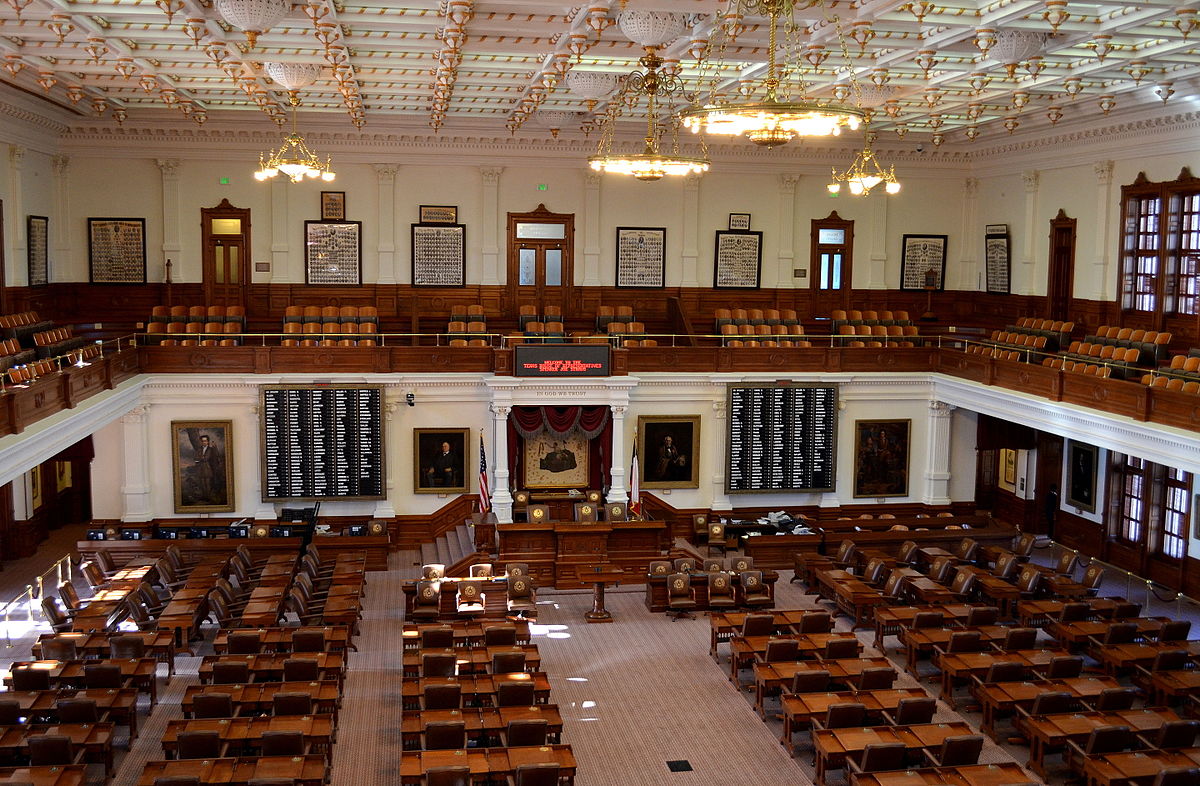Tag: State news 2023
-
Seven new candidates declare in Texas

Ballotpedia tracked seven new state-level candidates in Texas between Nov. 27-Dec. 3. This was two more candidates than the prior week. Four of those candidates are Democrats and three are Republicans. The seven candidates are running for the state legislature in 2024. Details on five of these candidates are below: Since the beginning of the…
-
Election legislation roundup: Wisconsin State Senate

As of Dec. 3, Ballotpedia has tracked 31 election-related bills in the Wisconsin State Senate since the beginning of the year. Of the 31, Ballotpedia tracked one from Nov. 27-Dec. 3. Republicans sponsored the bill. The bill is below: During the week of Nov. 27-Dec. 3, Ballotpedia tracked 34 Senate election-related bills nationally. As of…
-
Governor Phil Murphy (D) vetoes 13 bills from Nov. 27-Dec. 3

Governor Phil Murphy (D) vetoed 13 bills from Nov. 27-Dec. 3. Five of the 13 bills are below: Overriding a gubernatorial veto requires a two-thirds vote from both chambers of the legislature. New Jersey is one of 36 states to require a two-thirds majority. There are currently 21 active vetoes in New Jersey in 2023.…
-
Two new candidates declare in North Carolina

Ballotpedia tracked two new state-level candidates in North Carolina between Nov. 27-Dec.3. This was two more candidates than the prior week. Both of the candidates are Republicans and are running for the state legislature in 2024. Details on these candidates are below: Since the beginning of the year, Ballotpedia has identified 57 candidates for state-level…
-
One new candidate declares in Indiana

Ballotpedia tracked one new state-level candidate in Indiana between Nov. 27-Dec. 3. This was one more candidate than the prior week. The candidate is a Democrat and is running for state executive office in 2024. Details on the candidate are below: Since the beginning of the year, Ballotpedia has identified 21 candidates for state-level office…
-
One new candidate declares in Colorado

Ballotpedia tracked one new state-level candidate in Colorado between Nov. 27-Dec. 3. This was one more candidate than the prior week. The candidate is a Democrat and is running for state executive office in 2024. Details on the candidate are below: Since the beginning of the year, Ballotpedia has identified 28 candidates for state-level office…
-
Two new candidates declare in Kentucky

Ballotpedia tracked two new state-level candidates in Kentucky between Nov. 27-Dec. 3. This was two more candidates than the prior week. One of those candidates is a Democrat and one is a Republican. Both candidates are running for state legislature in 2024. As of this writing, Ballotpedia identified campaign materials for one of the two…
-
Ballotpedia’s Candidate Connection survey: Texas roundup

Texas is holding elections, including for state legislative offices, on March 5, 2024. A number of candidates running in these elections completed Ballotpedia’s Candidate Connection survey. These survey responses allow voters to hear directly from candidates about what motivates them to run for office. Below is a selection of responses from the candidates who filled…
-
Governor Phil Murphy (D) vetoes five bills from Nov. 20-26

Governor Phil Murphy (D) vetoed five bills from Nov. 20-26. Ballotpedia did not identify any responses from the bill sponsors as of Nov. 30. The five bills are below: Overriding a gubernatorial veto requires a two-thirds vote from both chambers of the legislature. New Jersey is one of 36 states to require a two-thirds majority.…
-
Election legislation roundup: Texas House of Representatives

As of Nov. 26, Ballotpedia has tracked 201 election-related bills in the Texas House of Representatives since the beginning of the year. Of the 201, Ballotpedia tracked one from Nov. 20-26. Republicans sponsored the bill. The bill is below: During the week of Nov. 20-26, Ballotpedia tracked three House election-related bills nationally. As of Nov.…

